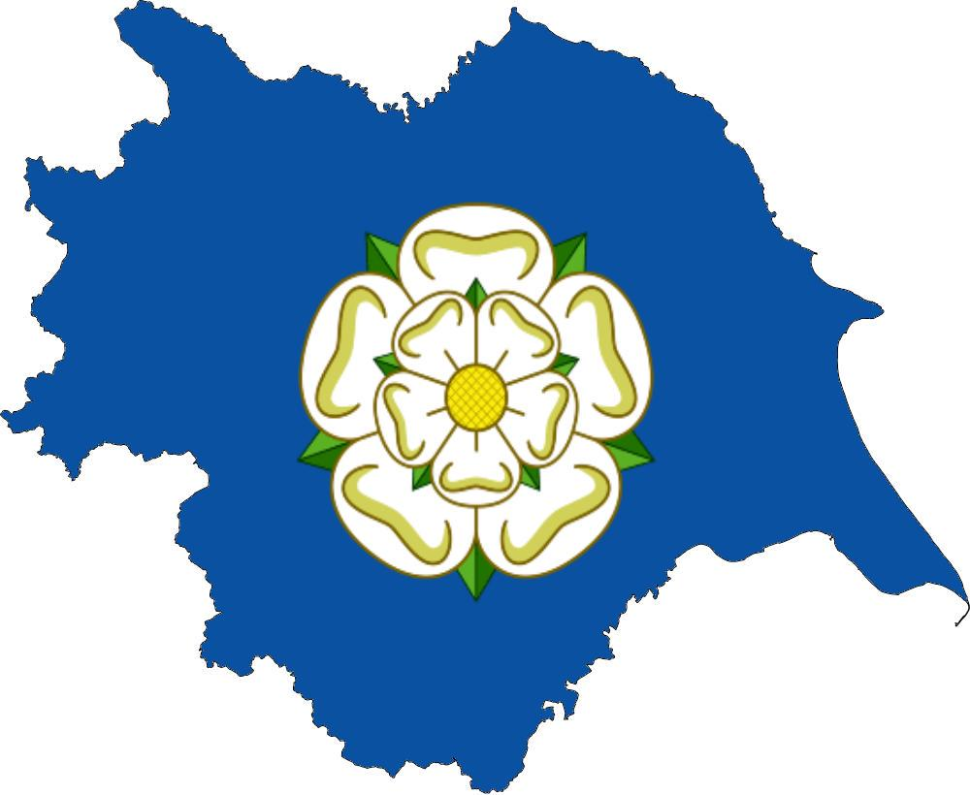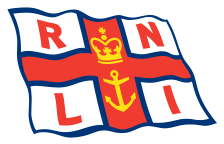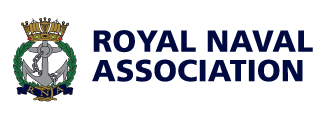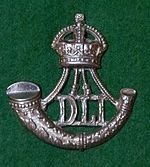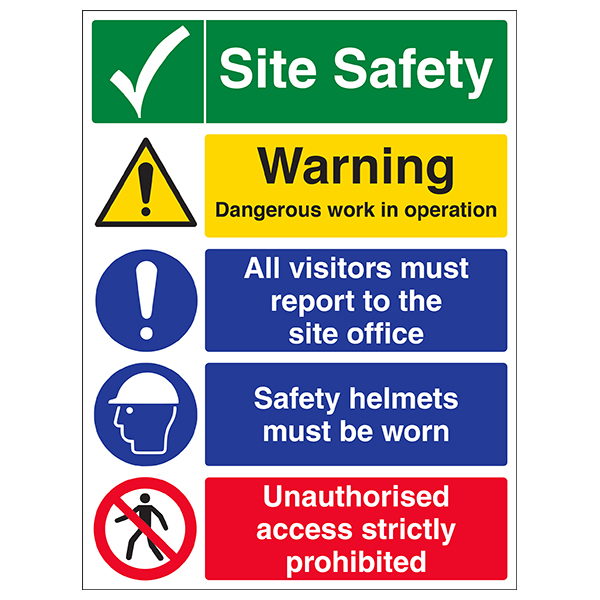
White Rose Parliament (devolved Yorkshire)

For equitable access and subsidiarity to local democracy within England to be achieved it necessitates significant; social, electoral and constitutional reform; detailed in the following sub-sections:-
(1) House of Lords (House of Regions)

A wholly elected chamber of democratically elected representatives, drawn from the traditional counties of the United Kingdom.
Each county an electoral constituency (in the case of Yorkshire three constituencies of; West, East and North & York), with the number of seats allocated on an approximate ratio to the population, e.g. 1 seat per 250,000 population.
Regulated by an independent Electoral Commission.
Constituency boundaries of various tiers of Government are not permitted to traverse those of other tiers, creating divided loyalties. County boundaries being the fixed frame of reference to which all other constituencies conform.
An electoral system of proportional representation (PR) deployed, similar to the former elections of Members of the European Parliament (MEP).
The elections take place every four years, asynchronously with the House of Commons schedule.
All constitutional legislation, including electoral reform, has to be approved by both Houses of Parliament, i.e. restore the power of veto to the upper chamber by significant amendment or repeal of the Parliament Acts of 1911 and 1949.
Further detail has also been set out for the House of Lords Constitution Committee, Inquiry into the Future Governance of the UK, with the Yorkshire Devolution Movement’s, written evidence submission.
References: Electoral Commission, British Counties Campaign, Association of British Counties, Historic Counties Trust (HTTP only) & Institute for Government

(2) House of Commons

Remains the primary taxation (fund raising) authority, however the disbursement of domestic funding to devolved Regions and Nations, is based on a universal formulae of percentage per head (as established above by the Electoral Commission), where the allocation of specific budgets is at the discretion of each devolved assembly.
The electoral system of First Past The Post (FPTP) replaced with a variant of proportional representation (PR), given the existing electoral infrastructure the most obvious choice would be Single Transferable Vote (STV).
References: Electoral Commission & Electoral Reform Society.
(3) Federal England

Consists of multiple fully devolved county regions (Yorkshire being a county region in its’ own right) and other counties at liberty to form clusters, with the consent of their populations, to create county regions with a shared identity, culture & heritage; common form of governance and critical mass. e.g. possibly along the lines suggested by the image.
(4) County Regions (Yorkshire)
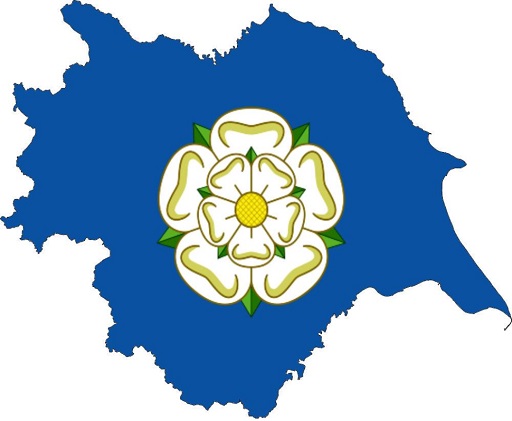
Policy for the devolution of Yorkshire has been formulated and regularly reviewed by the Yorkshire Devolution Movement (as specified in our mandate), with the salient points restated here, for the full version please follow the link to ‘What We Want‘.
- One voice for Yorkshire!
- The boundary of the Traditional County of Yorkshire to be reinstated as an administrative boundary with no Local Government Area transgressing it.
- Yorkshire to be represented as an integral devolved entity at UK regional level.
- The devolved entity of Yorkshire to be represented by a Yorkshire Parliament, directly elected by the Yorkshire people on the basis of Single Transferable Vote (STV).
- Yorkshire to enjoy overall powers at least equal to those of any other devolved entity within the UK and increasing to full devolution upon completion of the transition period.
- The benefit of devolved powers to be enjoyed at local levels within Yorkshire through appropriate subsidiarity to allow decisions to be made at the least centralised level capable of addressing the issue.
- To create a successful and sustainable economy for Yorkshire which will provide lasting prosperity for the Yorkshire people.
Abolition of Police and Crime Commissioners (PCC); Police, Fire and Crime Commissioners (PFCC) and Directly Elected Mayors; as these functions would be subsumed by the County Region assembly and the operational areas of the emergency and other public services, e.g. Health Services; reformed to reflect the County Region boundaries.
All references to Yorkshire are to the borders of the traditional county and any areas placed outside Yorkshire in other bureaucratic manifestations are considered as “occupied territories” until they are fully restored to Yorkshire. Likewise, we respect the traditional county boundaries of our neighbours.
(5) Revision History
2021.10.29 – Established
2021.11.01 – Consistency verified.
2021.12.01 – The recently published, YDM Demands of Government, fails to clarify that the “traditional county boundaries”, across the United Kingdom would constitute a fixed frame of reference for constituencies, particularly for the election of representatives to the reformed House of Lords. Which probably arises because the primary focus of the YDM is the devolution of Yorkshire, within a federal England.
2021.12.28 – The Counties of Great Britain & Northern Ireland – The Association of British Counties.
2023.05.04 – Refreshed
2023.05.24 – House of Regions – updated
Proposed Aims/Policies
(1) Internet Access, Privacy & Security
Social, Web & Cloud
(2) Health & Social Care
(3) Sustainable Environment & Planning
(4) Human Rights & Freedoms
(5) Transport & Communications
(6) The State & Religion
Specialist Interest Areas
(1) Scientific Research
(2) Culture & Heritage
(3) Geo-political Strategy
As the Australian Government – Defence Strategic Review 2023, public report noted (page 54, paragraph 8.6). The current joint force, namely the combined effect of Navy, Army and Air Force working together, does not appropriately reflect the growth of domains. The evolution to five domains – maritime, land, air, space and cyber – demands a new approach:
(a) Maritime
Coastal Defence
From its beginnings with coastal lookouts to today’s hi-tech national network of coordination centres, from small localised beginnings to international players – one thing has stayed the same for two centuries – His Majesty’s Coastguard seeks to search, to rescue and to save.
The RNLI is the charity that saves lives at sea. Powered primarily by kind donations, our search and rescue service has been saving lives for nearly 200 years.
Blue Sea/Ocean
With over 11,000 members across 250+ branches in the UK and overseas, we are a family of current and former Naval Service personnel, relatives and supporters of our country’s Royal Navy.
Our founder members, two wartime Merchant Navy veterans, wanted to raise public awareness of both the commitment and the sacrifice of merchant seafarers during war and conflict.
Those who served in the “Fourth Service” during both world wars felt MERCHANT SEAFARERS had been largely unacknowledged and certainly undervalued for far too many years, especially the Arctic Merchant Navy Veterans.
A new national lobby, on behalf of merchant seafarers, could challenge the Government, and others, towards greater awareness of our maritime heritage and the contribution of merchant seafarers and fishermen in achieving the freedoms this country still enjoys.
(b) Land
The Durham Light Infantry (DLI) was a light infantry regiment of the British Army in existence from 1881 to 1968.
(c) Air
(d) Space
(e) Cyber
